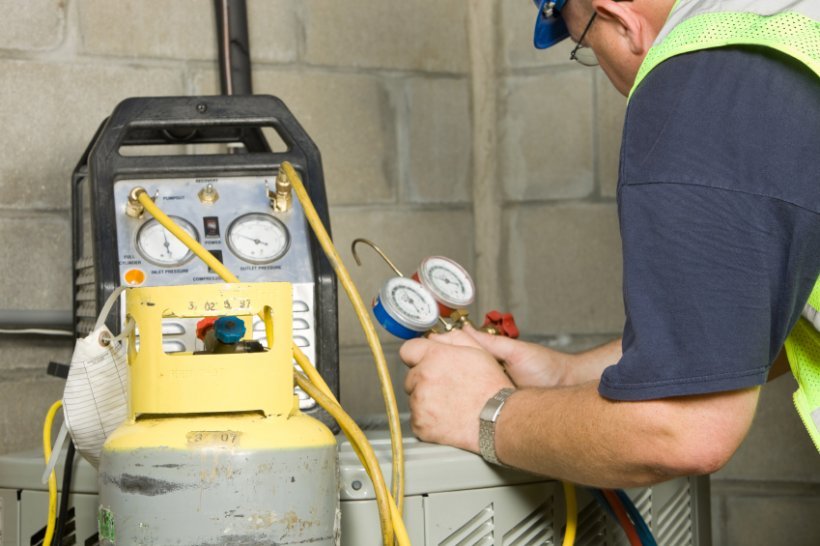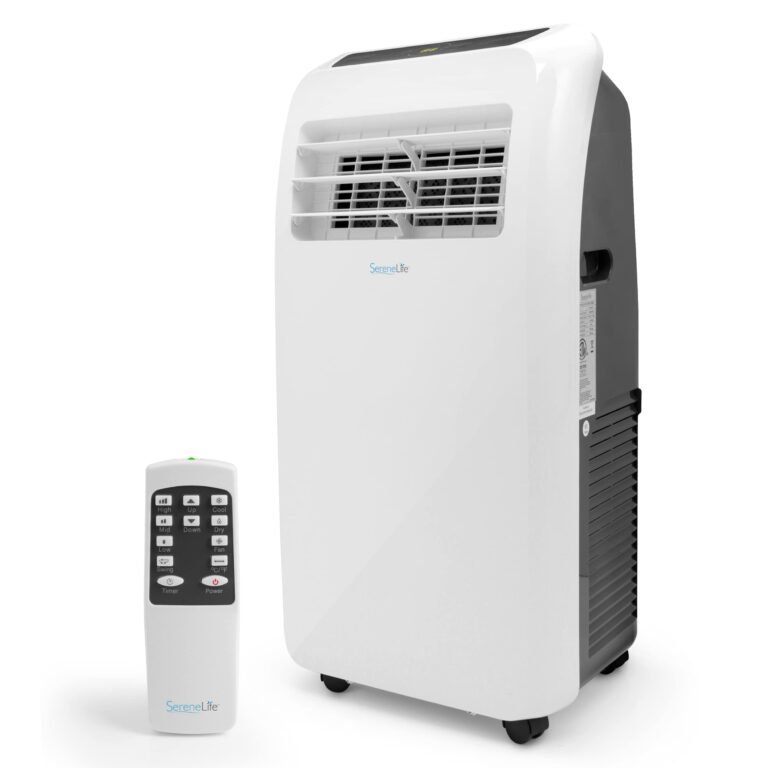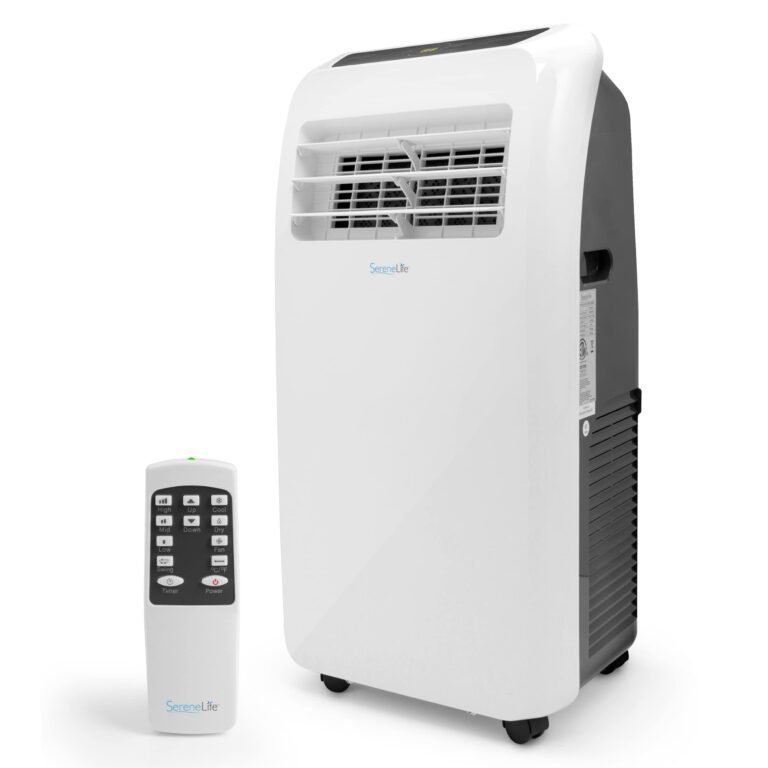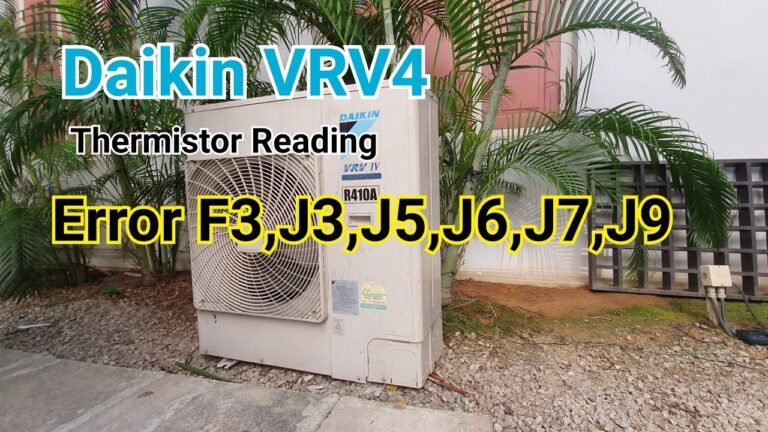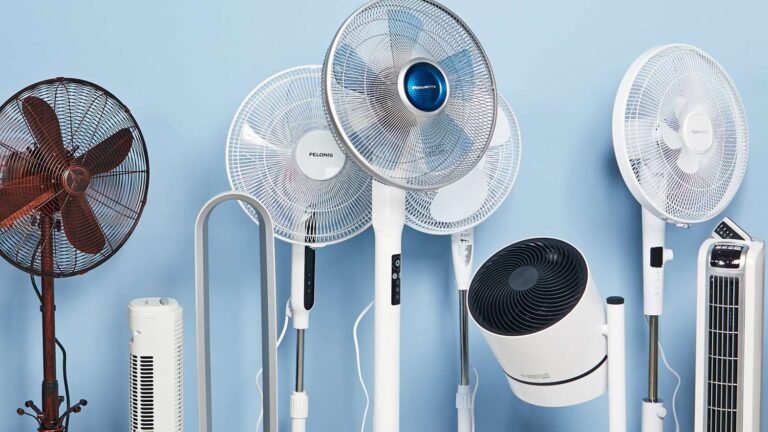Common Air Conditioner Problems And Solutions: Troubleshoot Your Cooling Woes!
Common air conditioner problems can be solved easily with the right solutions and troubleshooting steps. We will discuss some common air conditioner problems and their solutions to help you effectively resolve any issues you may encounter.
Understanding The Basics
The importance of a properly functioning air conditioner cannot be understated. Air conditioners not only provide cool and comfortable indoor environments, but they also help regulate humidity levels, filter air pollutants, and improve overall air quality. To ensure optimal performance, it’s crucial to understand the components of an air conditioning system.
Components Of An Air Conditioning System
1. Compressor: The compressor is the heart of the air conditioner. It circulates refrigerant, enabling the cooling process.
2. Condenser: The condenser releases the heat absorbed from indoors and transforms refrigerant gas into liquid.
3. Evaporator: The evaporator absorbs heat from the indoor air, causing the refrigerant to evaporate and cool the surrounding air.
4. Expansion valve: The expansion valve regulates the flow of refrigerant, controlling the cooling process.
5. Air filter: The air filter removes dust, pollen, and other contaminants from the air, ensuring clean and healthy indoor air quality.
6. Thermostat: The thermostat controls the temperature settings and regulates when the air conditioner turns on and off.
7. Ductwork: The ductwork distributes cooled air throughout the building, ensuring consistent and efficient cooling.
Maintenance Tips To Prevent Problems
Regular maintenance is key to preventing common air conditioner problems. One important maintenance tip is to regularly clean the air filters. Clogged filters can obstruct airflow, reducing the efficiency of the air conditioner and potentially causing it to overheat. Clean the filters once every month or as recommended by the manufacturer.
In addition to cleaning the filters, it is essential to check and clean the condenser coils. Over time, the coils can accumulate dirt and debris, inhibiting their ability to transfer heat. Use a soft brush or vacuum cleaner to remove any dirt or debris from the coils.
Proper drainage is another factor that can affect the performance of your air conditioner. Clogged or blocked drains can lead to water leakage or a buildup of condensation, which can cause damage to the unit. Regularly inspect the drainage system and ensure that it is clear of any obstructions.
By following these maintenance tips, you can keep your air conditioner running smoothly and avoid common problems. Remember to consult the manufacturer’s instructions for specific maintenance guidelines for your unit.
Troubleshooting Common Air Conditioner Problems
Troubleshooting common air conditioner problems:
| The air conditioner is not cooling the room | Check if the thermostat is set to the correct temperature and cooling mode. Examine the air filter for dirt and debris, and clean or replace if necessary. Ensure that there is no blockage around the condenser unit. If the problem persists, it could be due to refrigerant leakage or faulty compressor, requiring professional assistance. |
| Strange noises coming from the air conditioner | Inspect the fan belt for looseness or damage, and tighten or replace if needed. Clean the condenser coils to remove any debris that may be causing the noise. If the problem persists, it may indicate a faulty compressor or other internal issues, which should be addressed by a professional. |
| Air conditioner constantly turns on and off | Check the thermostat for proper calibration and ensure it is not located near any heat sources. Ensure there are no obstructions around the condenser unit. Clean or replace dirty air filters. If the problem continues, it could be due to issues with the condenser unit or thermostat malfunction, which require professional attention. |
| Uneven cooling throughout the room | Check for blocked vents, remove any obstructions, and ensure proper airflow. Inspect and seal any leaky ductwork. Verify if there is adequate insulation in the room, especially around windows and doors, to prevent heat transfer. If the issue persists, it may require a professional to assess and repair the air conditioning system. |
Keep in mind that regular maintenance, such as cleaning air filters and regular inspections, can help prevent common air conditioner problems and ensure optimal performance.
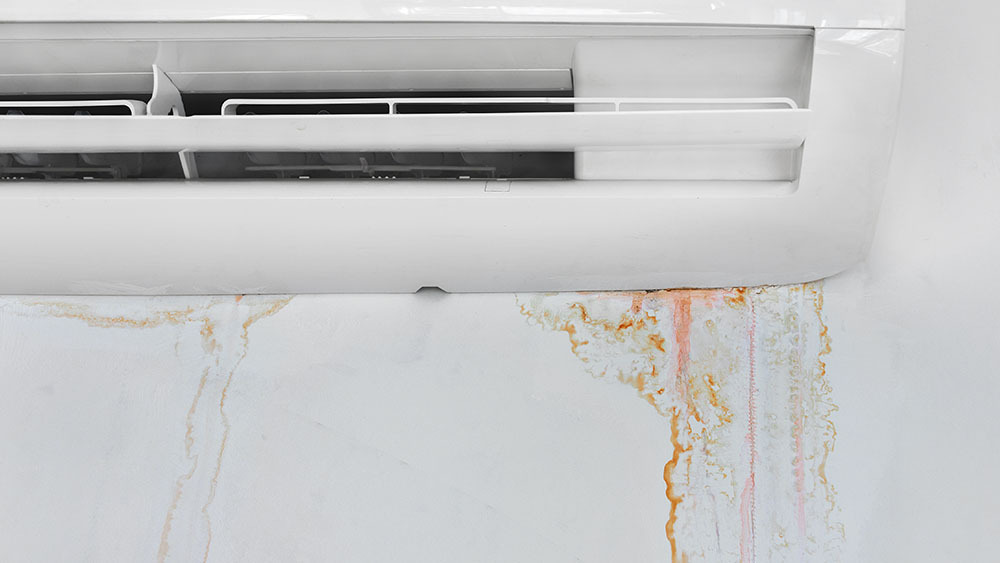
Credit: cielowigle.com
Diy Solutions For Air Conditioner Problems
html
To ensure your air conditioner operates efficiently, start by checking and adjusting the thermostat. Make
sure it is set to the correct temperature and cooling mode. Calibrate the thermostat if necessary.
Incorrect thermostat settings can lead to inadequate cooling or unnecessary energy consumption.
Cleaning and Unclogging Condenser Coils
Regularly clean the condenser coils to keep them free from dust and debris. Use a soft brush or vacuum cleaner
to remove any buildup. Clogged coils restrict airflow, decreasing the efficiency of your air conditioner
and potentially causing it to overwork and malfunction.
Replacing Damaged Fan Belts
Inspect the fan belts for any signs of damage or wear. If they are worn out or damaged, replace them
immediately. Faulty fan belts can cause the fan to malfunction or create irritating noises during your
air conditioner’s operation.
Clearing Debris from the Unit’s Exterior
Regularly remove any debris, leaves, or other obstructions from the exterior of the air conditioner unit.
Ensure the unit is free from any physical blockages that can hinder the airflow and affect cooling
efficiency.
When To Call A Professional
It’s important to know when to call a professional for complex air conditioner issues that require technical expertise. Two common problems that fall into this category are Freon recharge or refrigerant leak detection and electrical wiring problems.
Freon recharge or refrigerant leak detection should only be done by a skilled technician. Recharging the Air conditioner‘s Freon levels or detecting and fixing refrigerant leaks involves specialized tools and knowledge. Attempting to do this without proper understanding can cause further damage to your unit and may result in expensive repairs.
Electrical wiring problems are another issue that requires professional assistance. Faulty wiring not only affects the performance of the unit but also poses a safety risk. Professional electricians have the expertise to identify and resolve wiring issues, ensuring the safe operation of your air conditioner.
For these complex air conditioner problems, it’s best to reach out to a professional technician who specializes in HVAC systems. They have the knowledge and experience to diagnose and fix these issues, ensuring your air conditioner operates efficiently and effectively.
Tips For Choosing An Air Conditioner Repair Service
When it comes to choosing an air conditioner repair service, it is important to do thorough research and comparison of local contractors before making a decision. One of the first things you should do is to check for licenses and certifications of the contractors you are considering. This will ensure that they have the necessary qualifications and credentials to perform the repairs.
Another important step is to read customer reviews and testimonials. This will give you an idea of the quality of service and customer satisfaction provided by the repair service. Look for positive reviews and feedback from customers who have had similar air conditioner problems.
By researching and comparing local contractors, checking for licenses and certifications, and reading customer reviews and testimonials, you can make an informed decision and choose the right air conditioner repair service for your needs.
Frequently Asked Questions Of Common Air Conditioner Problems And Solutions
What Are Common Air Conditioner Problems?
Common air conditioner problems include refrigerant leaks, clogged filters, thermostat issues, and compressor failures. These problems can lead to poor cooling performance, reduced efficiency, and even complete system breakdowns if not addressed promptly.
How Can I Fix A Frozen Air Conditioner?
To fix a frozen air conditioner, start by turning off the unit and allowing it to thaw completely. Once thawed, check the air filter and replace it if dirty or clogged. Ensure that the evaporator coil and condensate drain are clean and clear.
If the problem persists, it’s best to consult a professional HVAC technician.
Why Is My Air Conditioner Making Strange Noises?
Strange noises from an air conditioner can be indicative of various issues. It could be due to loose or worn-out parts, such as fan blades or belts, which may require tightening or replacement. It could also suggest a problem with the motor or compressor.
Hiring a professional technician to diagnose and resolve the issue is highly recommended.
Conclusion
To summarize, dealing with common air conditioner problems can be a hassle, but these troubleshooting solutions can certainly save the day. From addressing refrigerant leaks and faulty thermostats to unclogging condensate drains and cleaning dirty filters, taking proactive measures can help prevent major issues and extend the lifespan of your AC unit.
Regular maintenance and timely repairs are crucial in avoiding costly repairs and ensuring a cool and comfortable environment for years to come.

